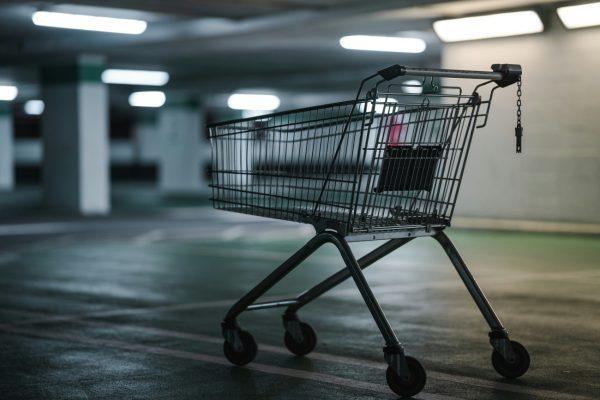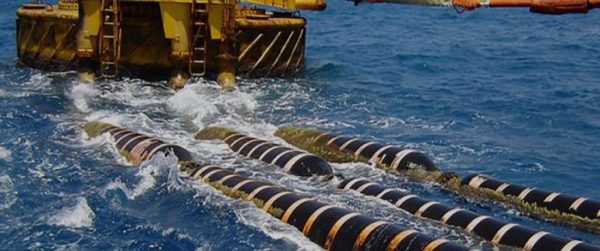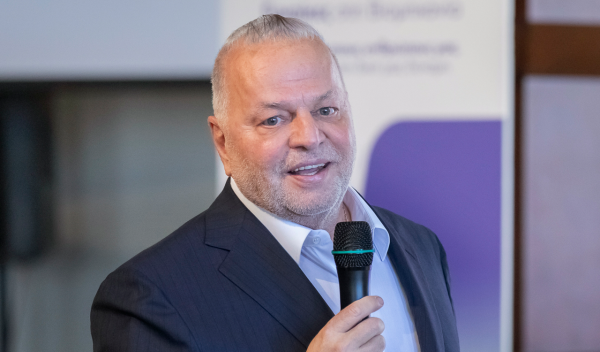Today’s meeting between Vladimir Putin and Recep Tayyip Erdogan in Moscow is significant at various levels regardless of its outcome.
Contacts and dialogue during tumultuous times such as these always leave room for one to hope that prudence and logic will prevail.
Undoubtedly, Moscow is now a major player in the region and its influence is inversely proportional to that of other strong players such as the US and the EU. As the influence of the latter two declines, the influence of the former increases.
That does not mean that Europe can reconcile itself to this reality. Its fortunes cannot rely on the brawn of the Russian leader at one meeting or another.
The EU ought to have a say on what is going on in Idlib, on the repercussions, and on how to manage them.
It cannot be satisfied with the role of a mere bystander.
From that perspective, Germany has an historic obligation to lead Europe to abandon the role of passive observer and make it an active player.
Of course, that can certainly not be done by offering a few tens of millions of euros to the Turkish Coast Guard.
































